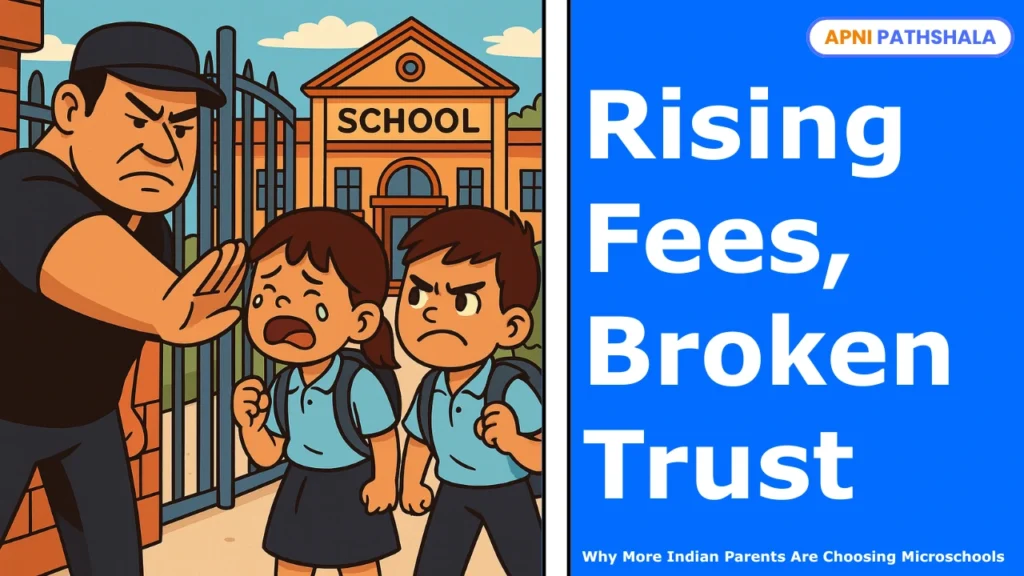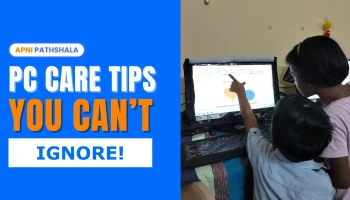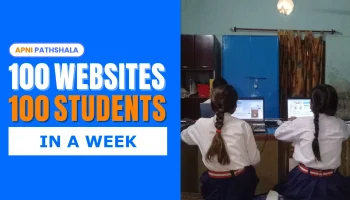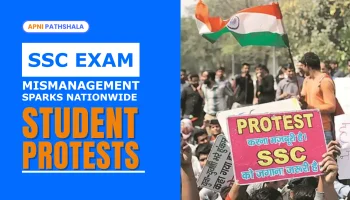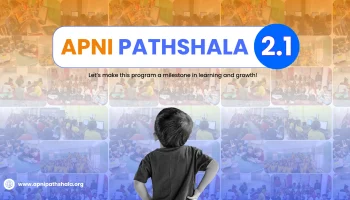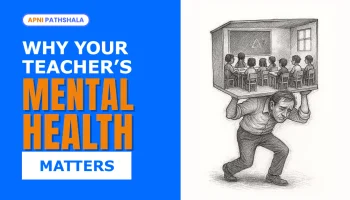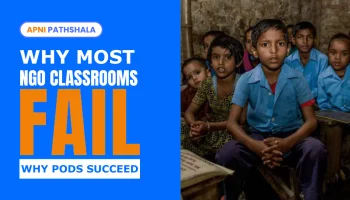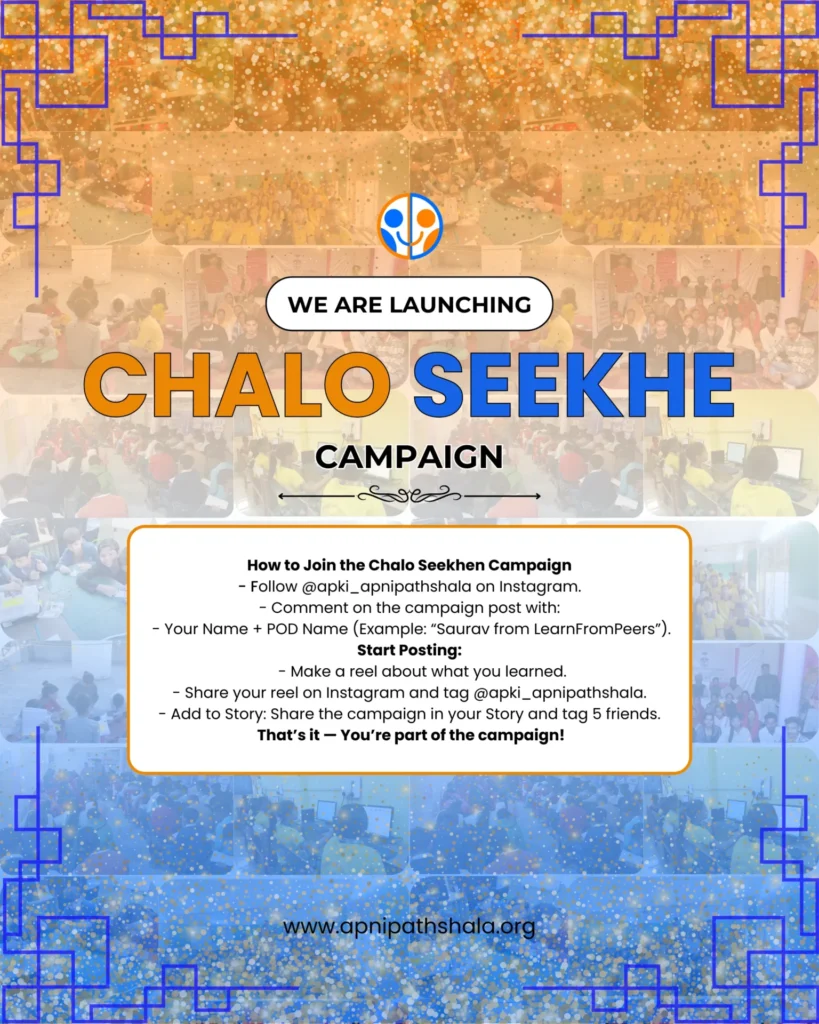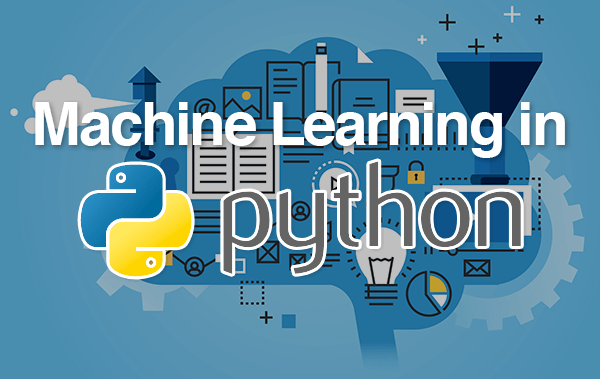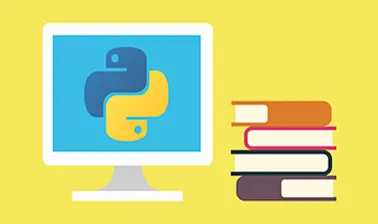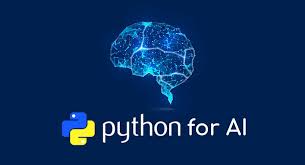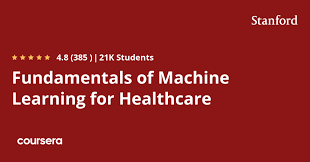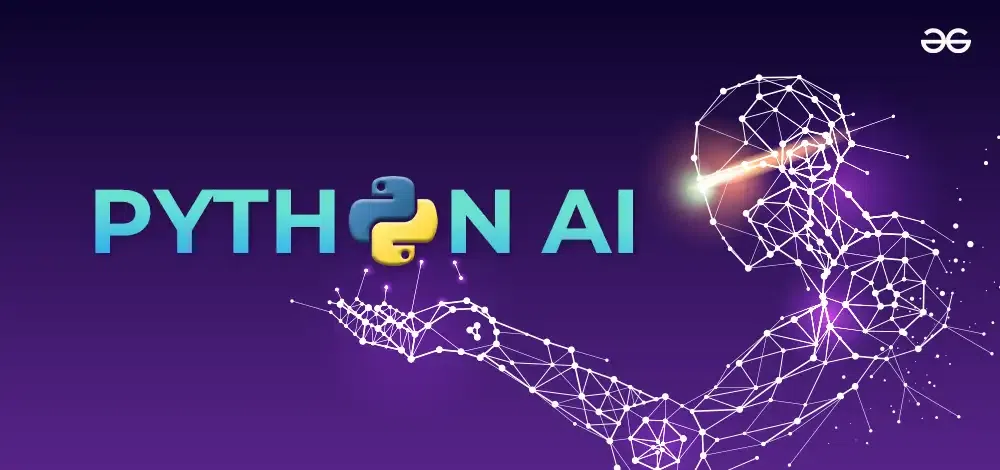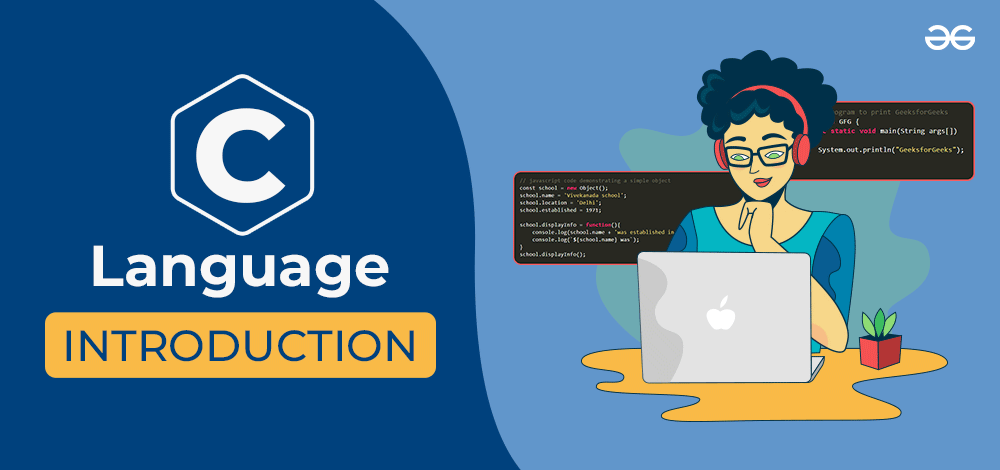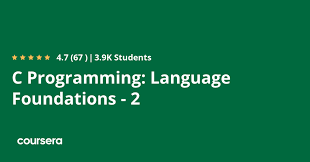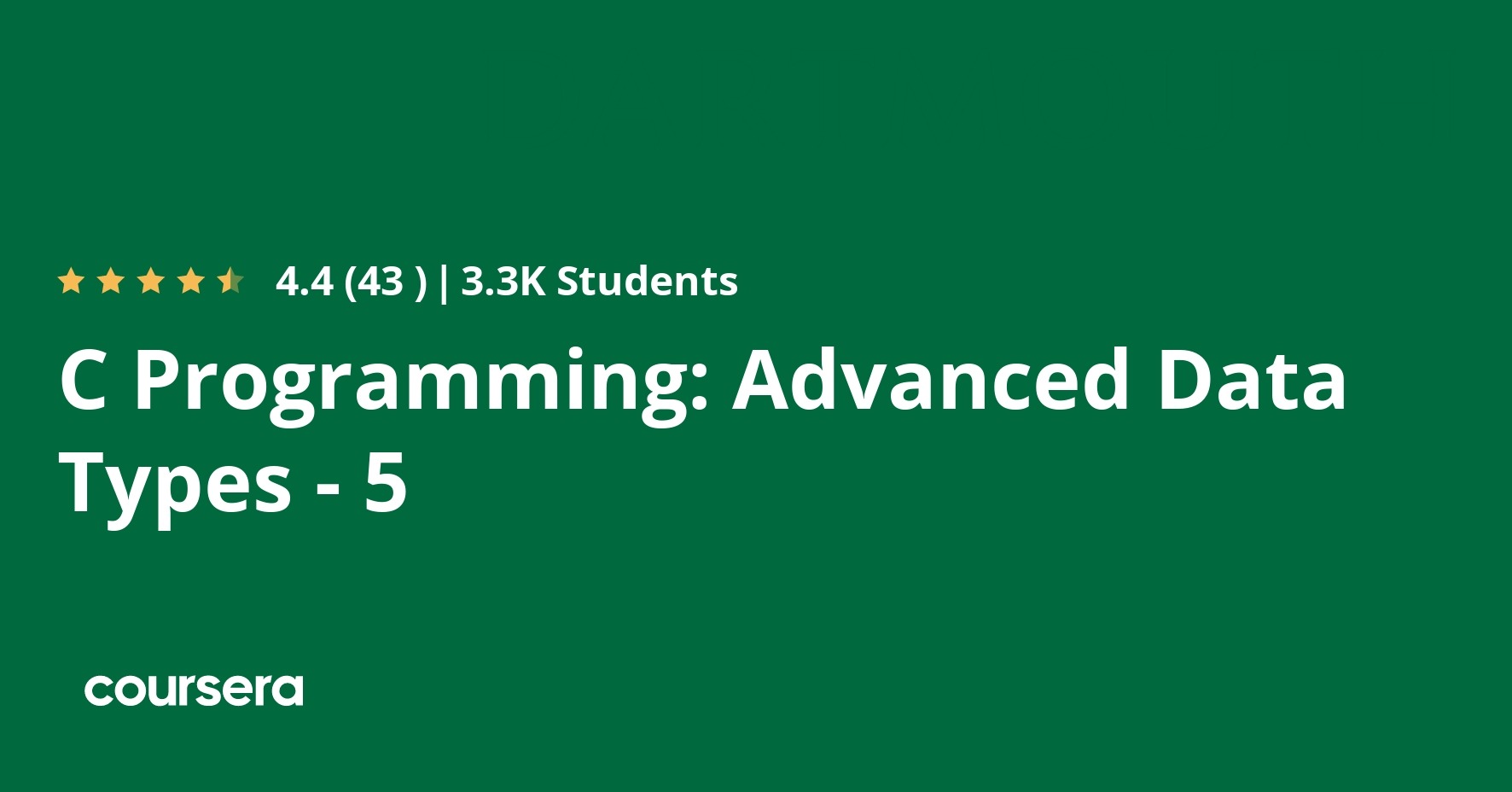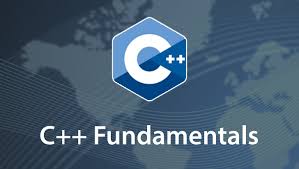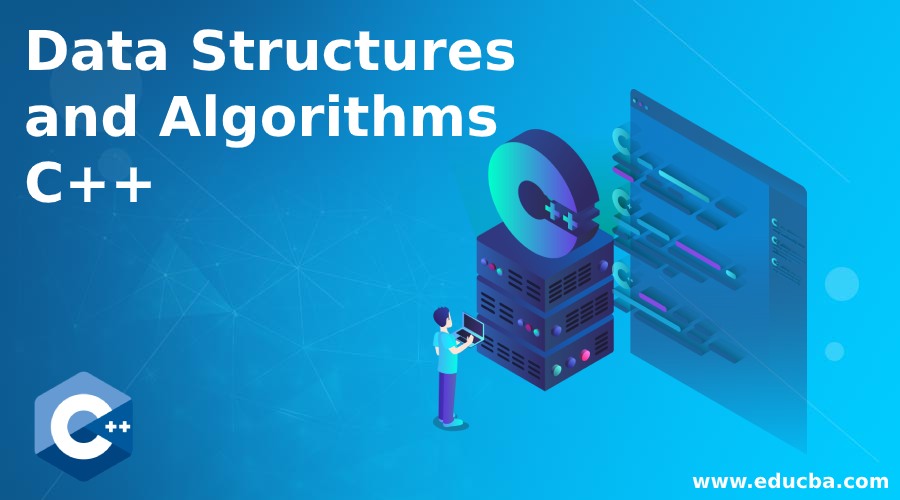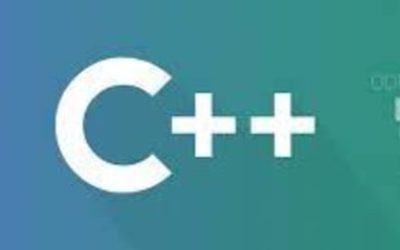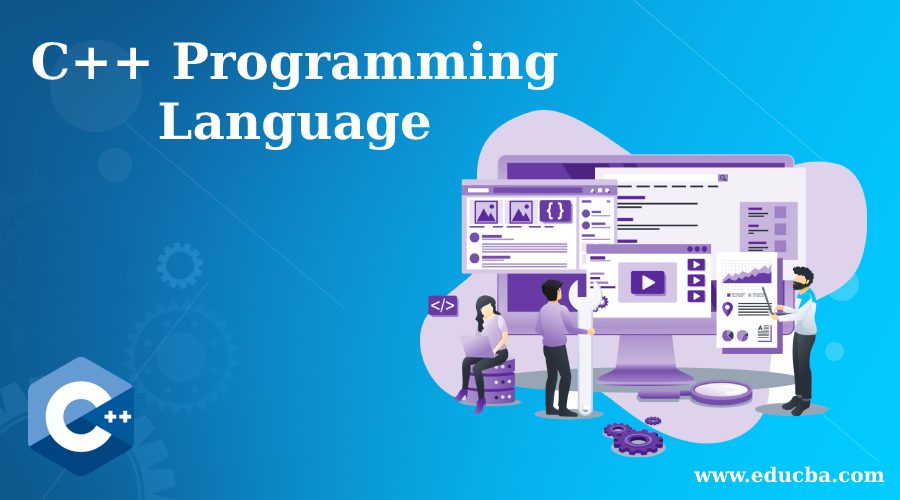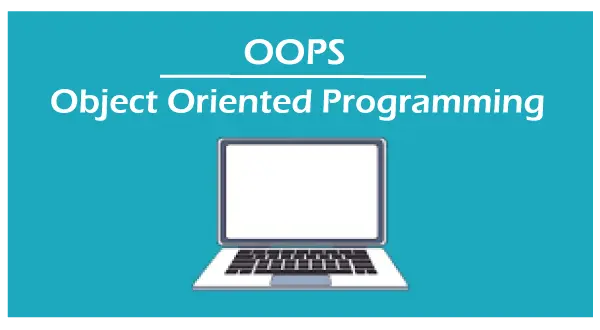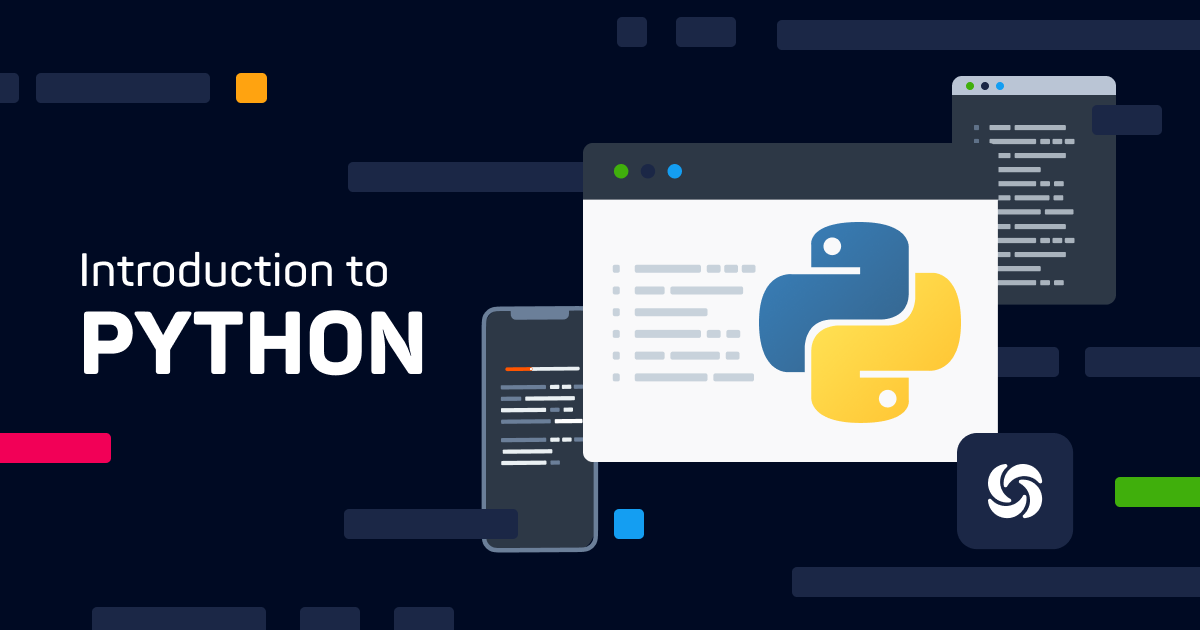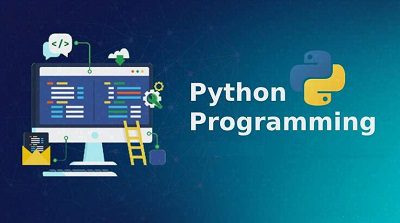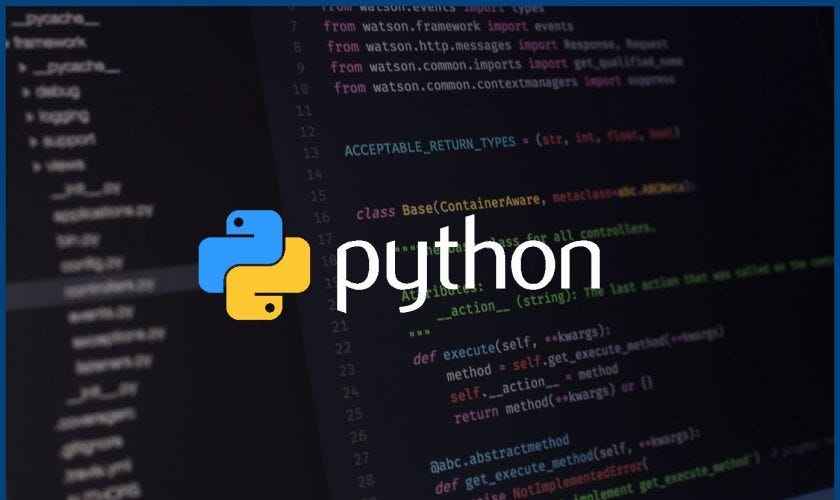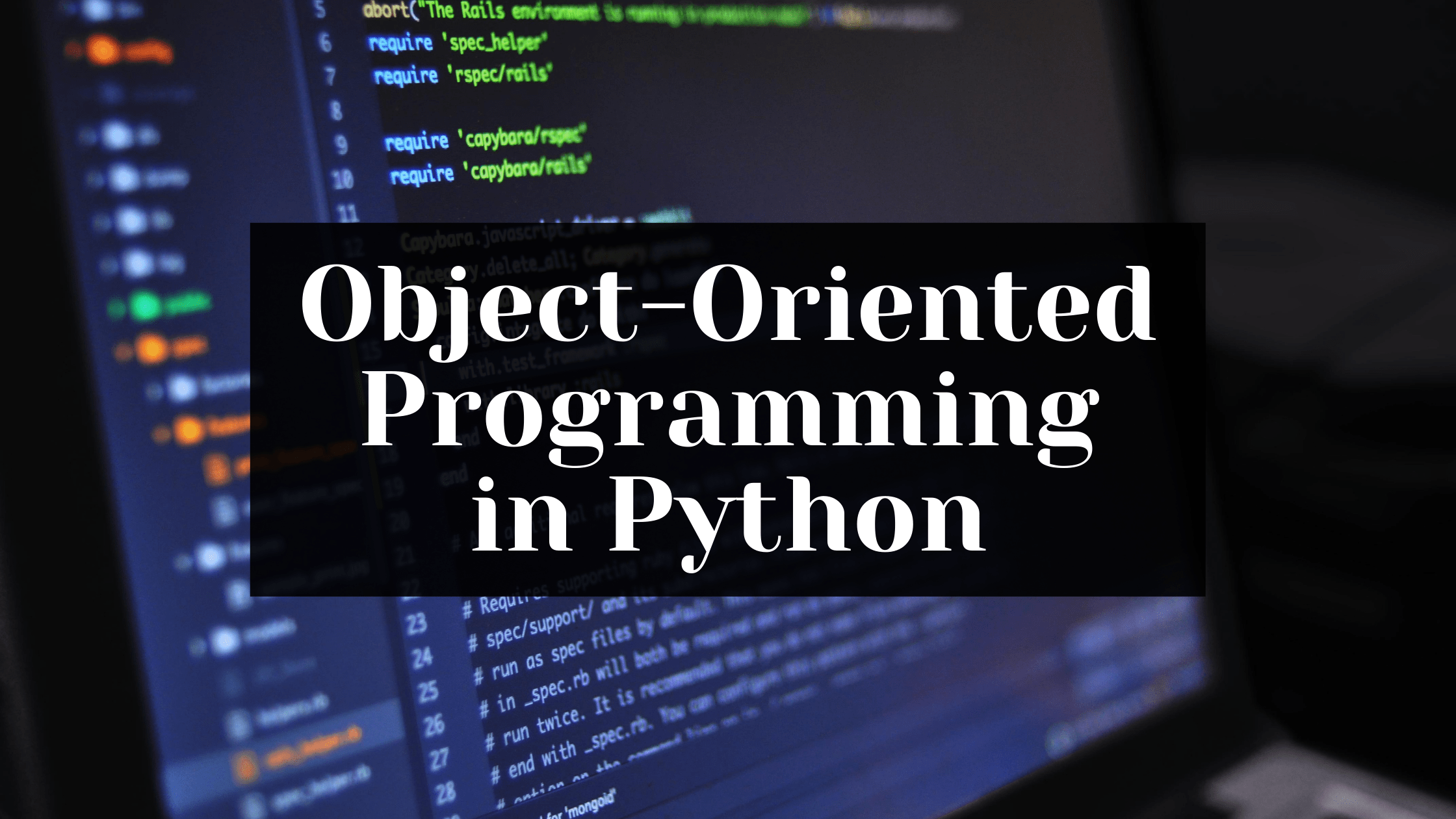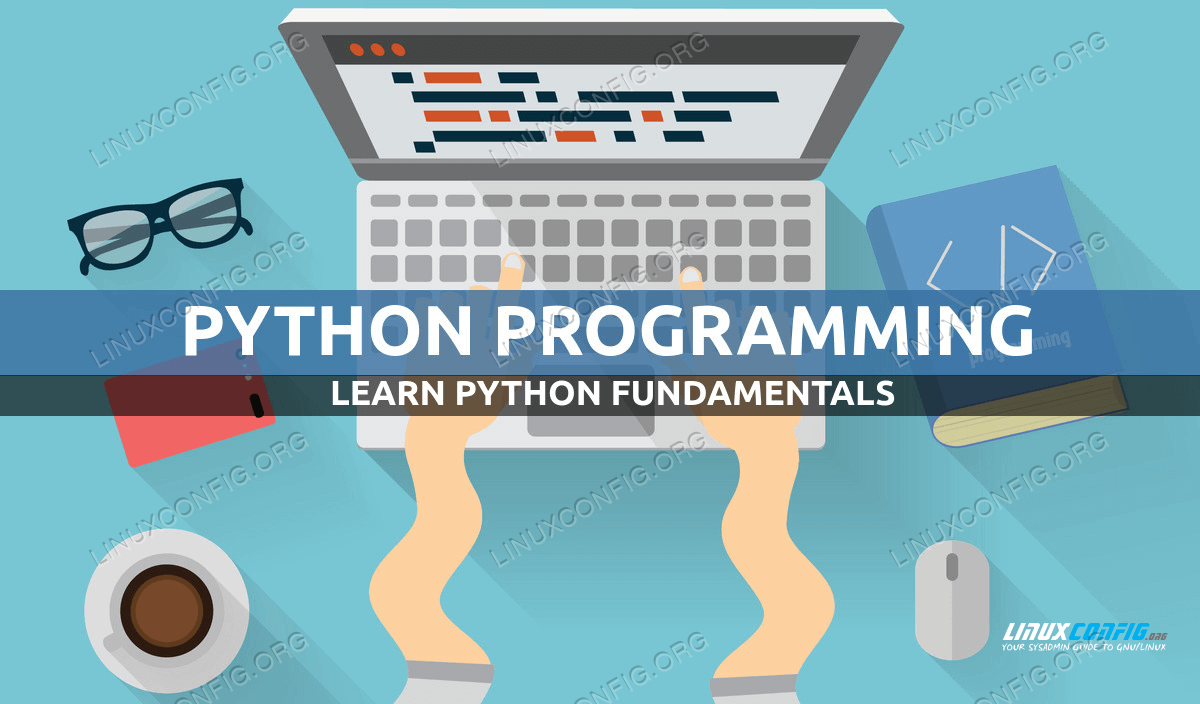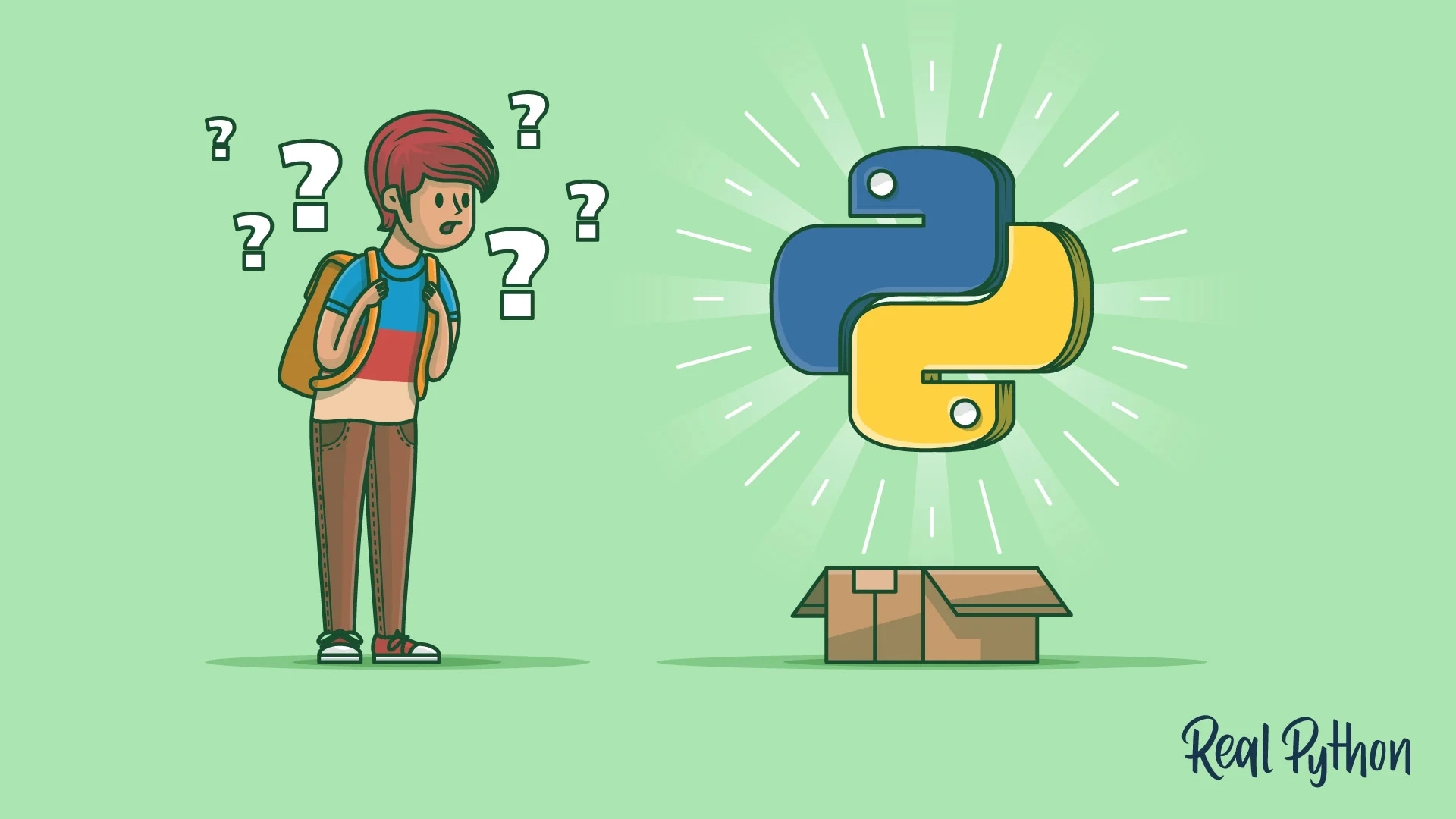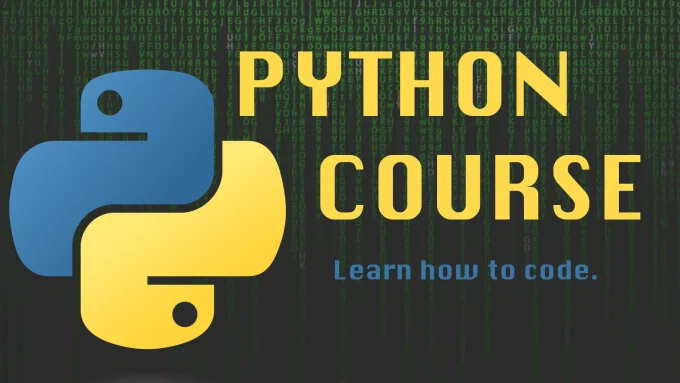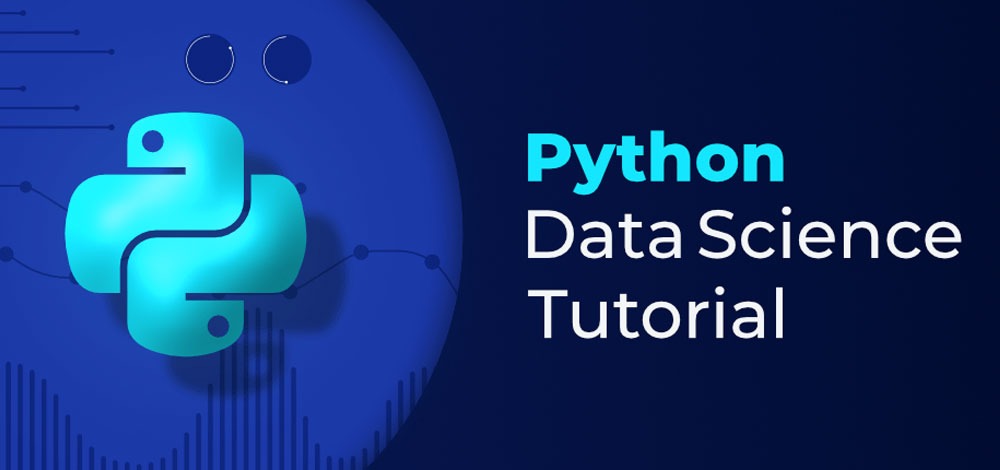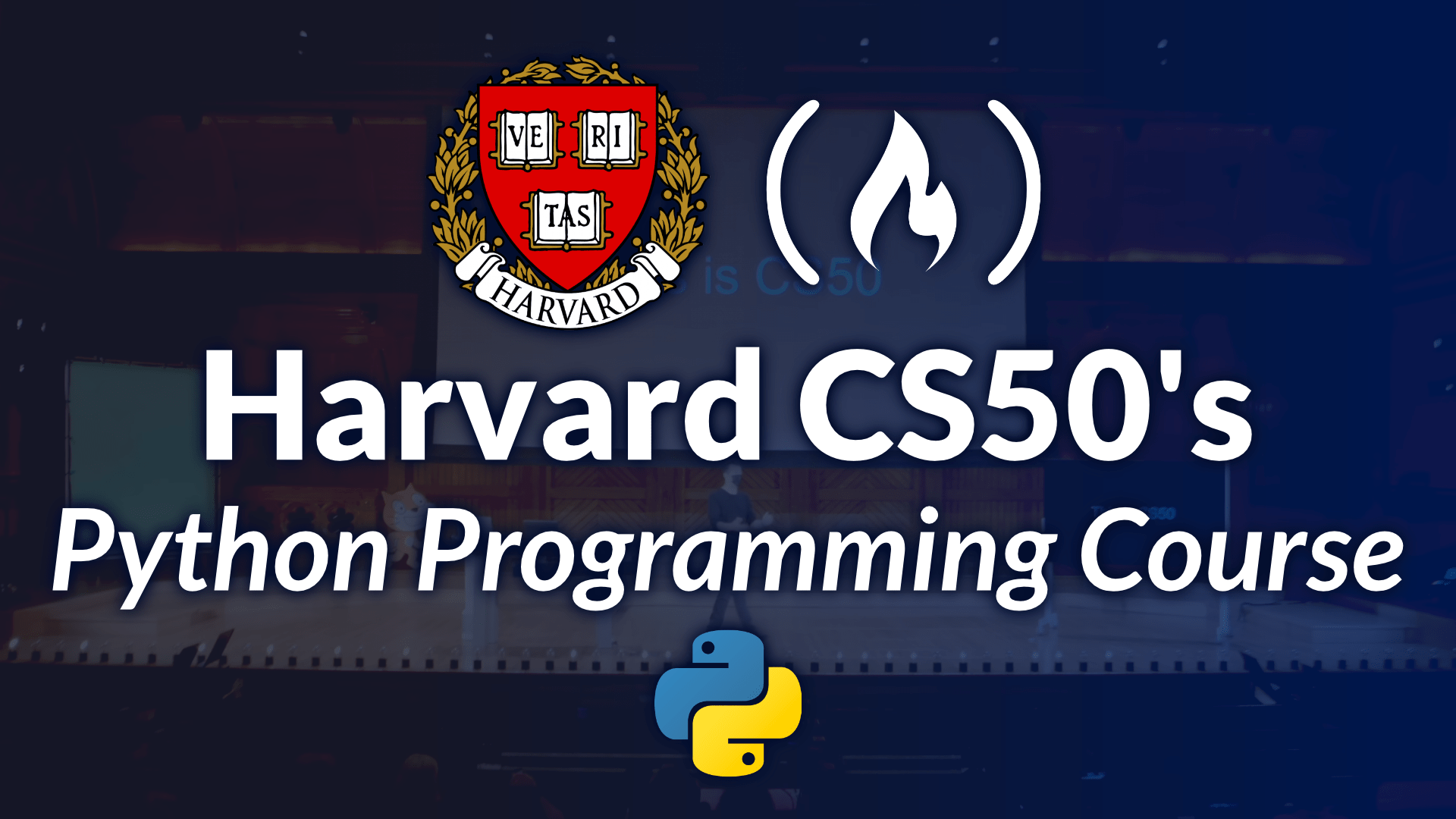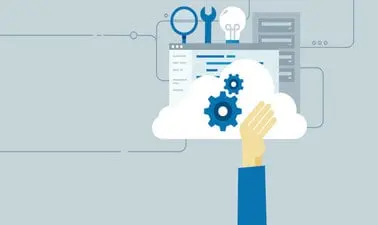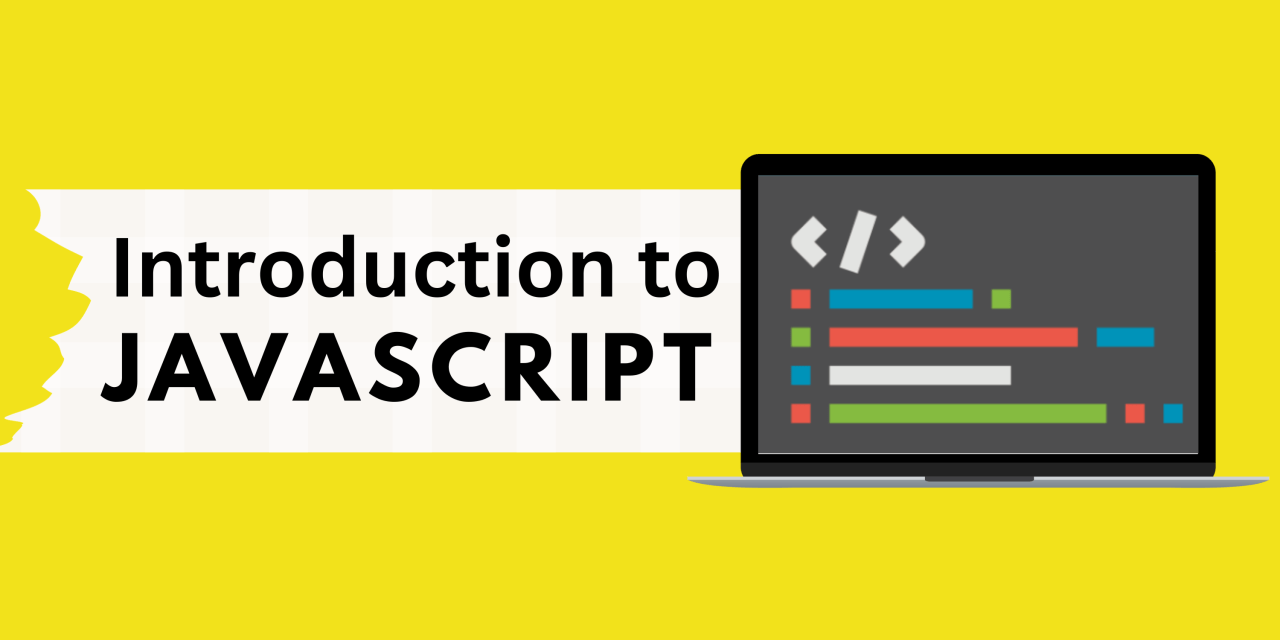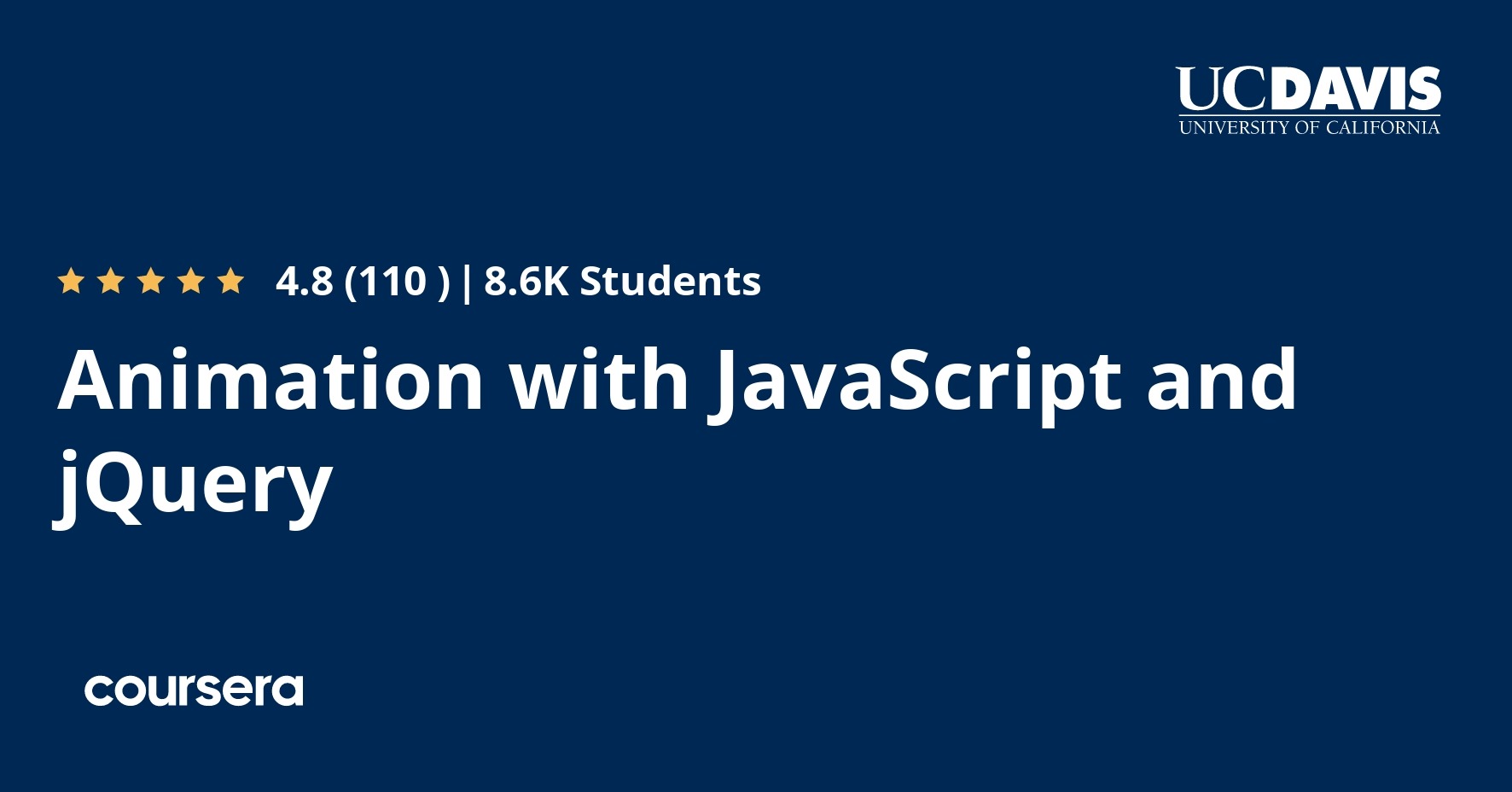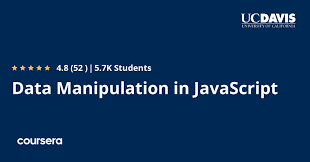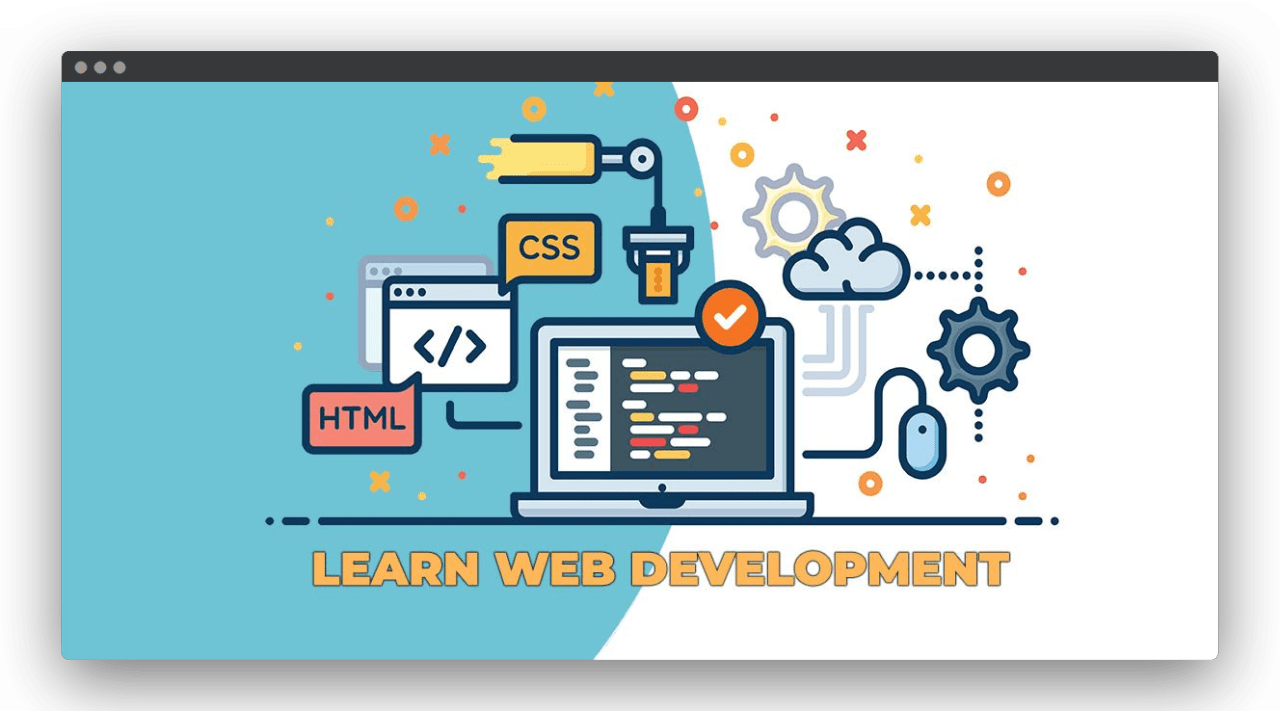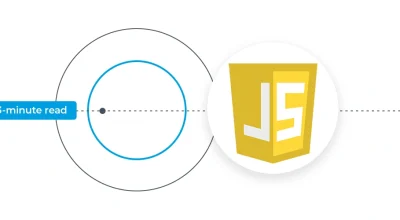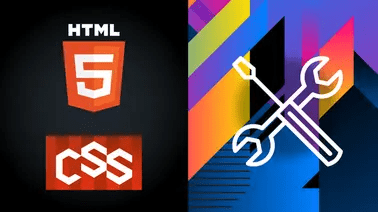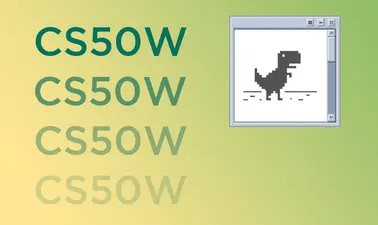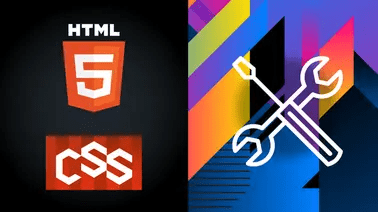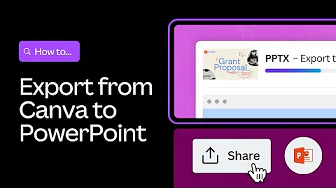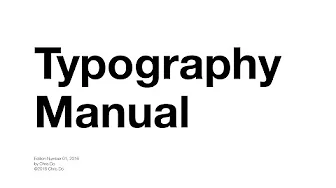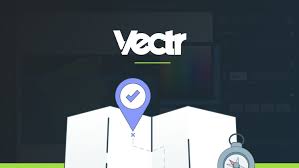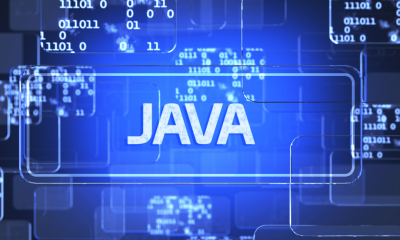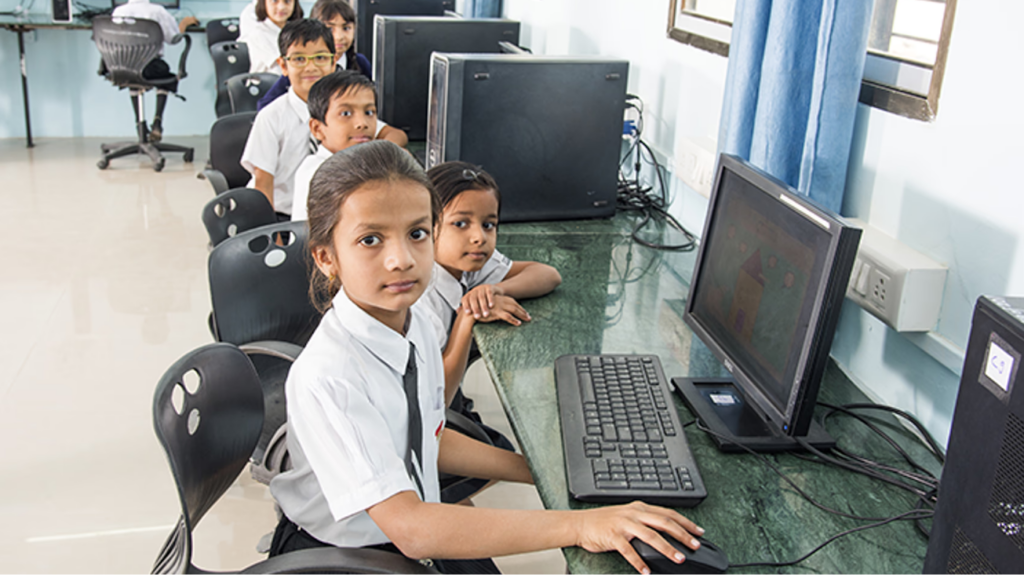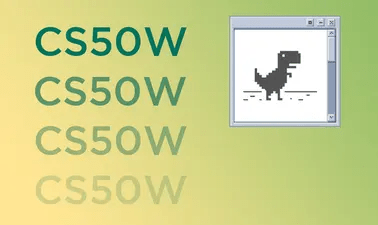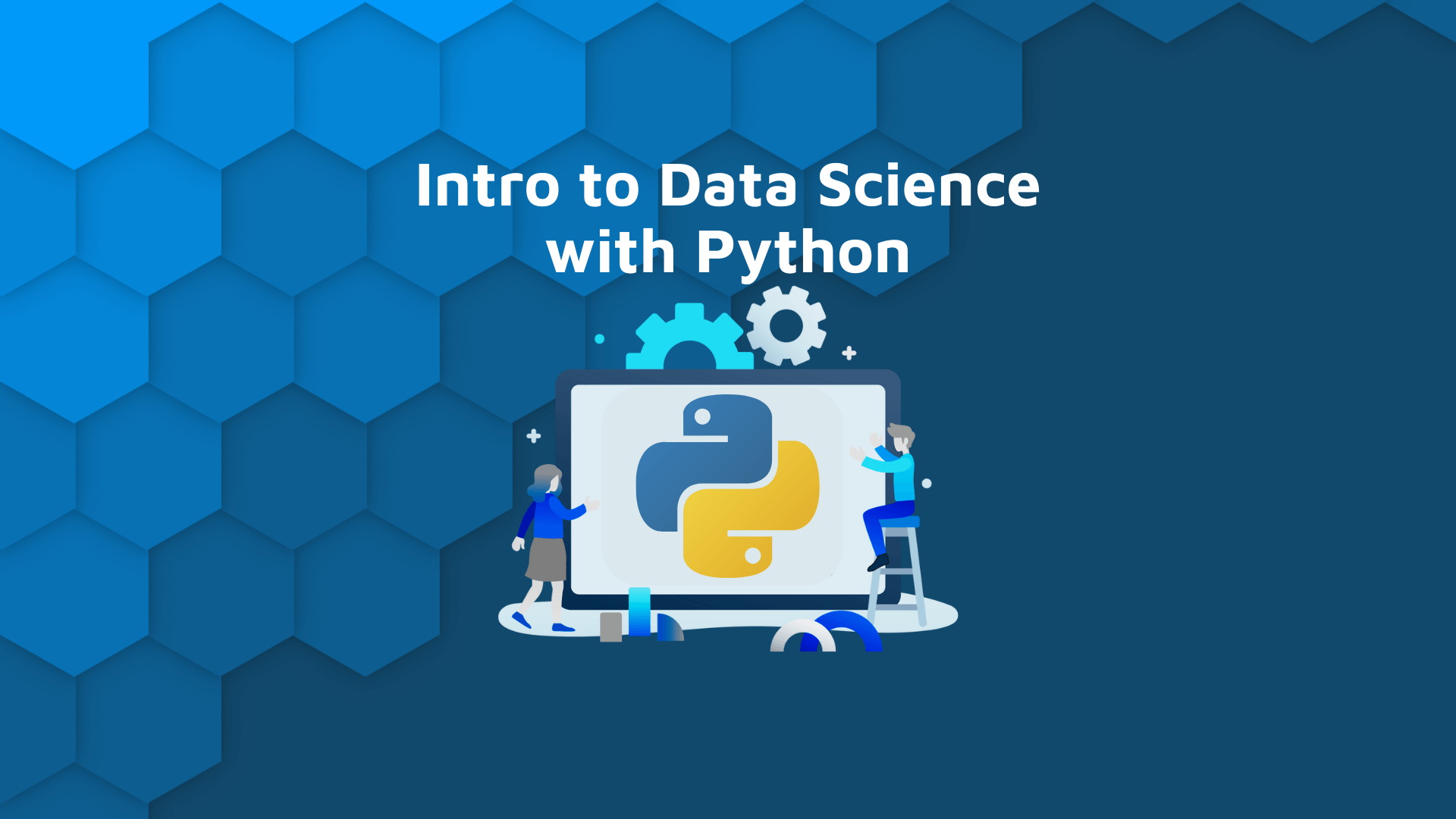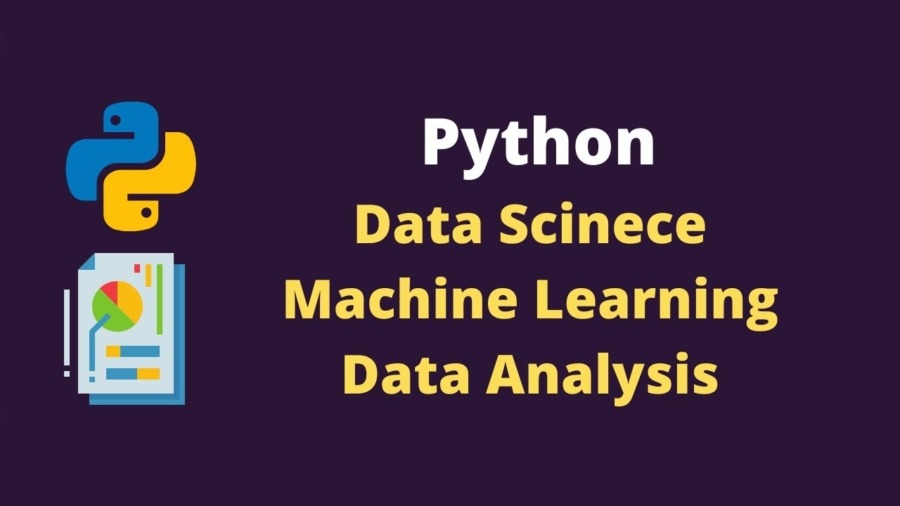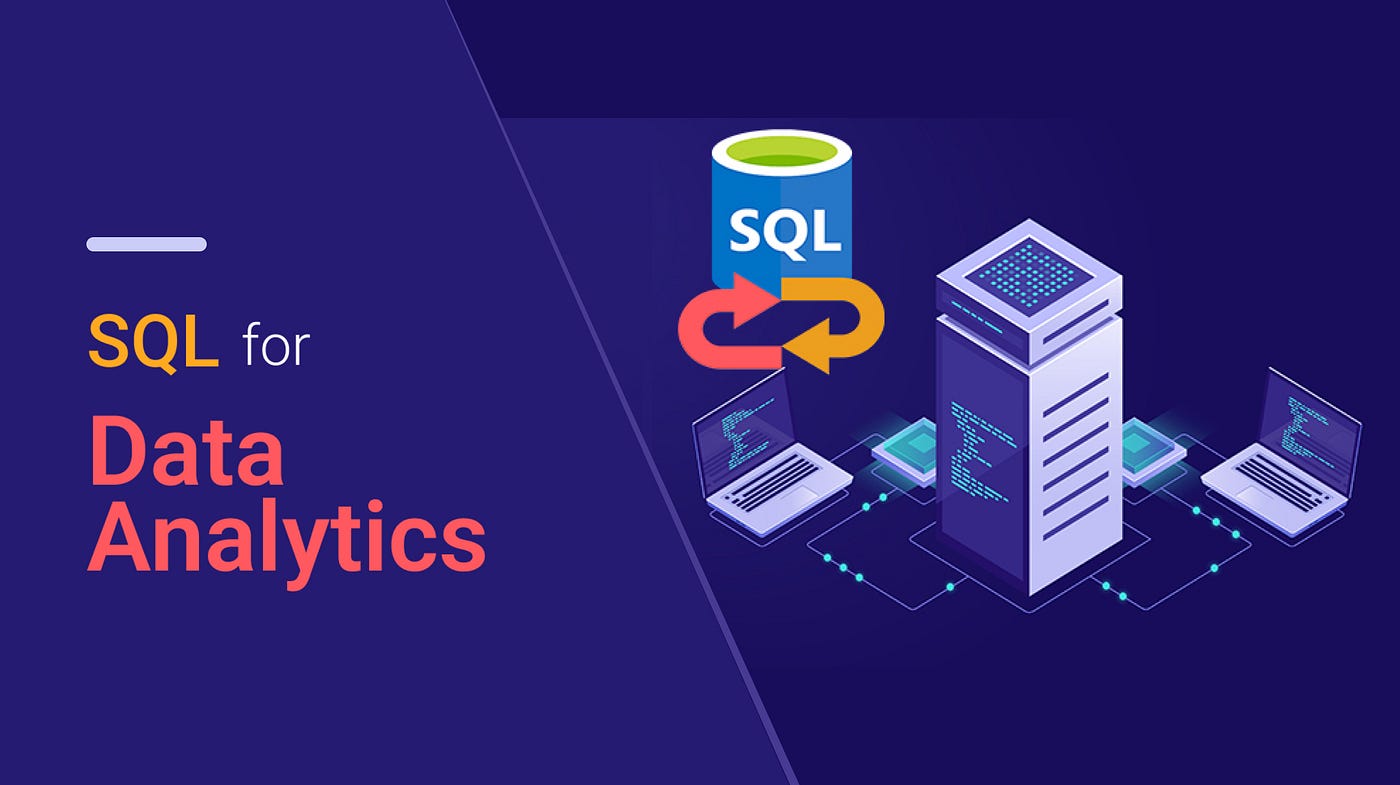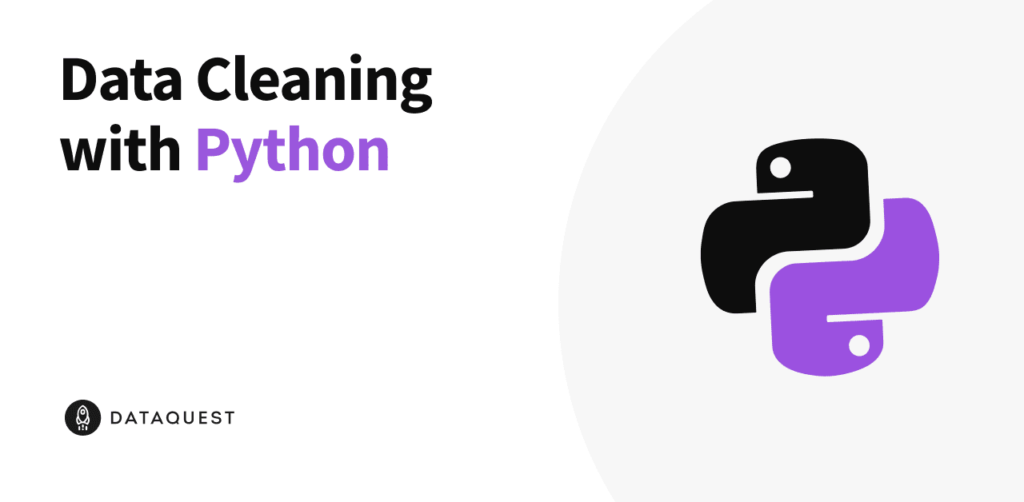Imagine this: You’re walking to school with your friend. You’re both excited, talking about the upcoming quiz. But as you reach the school gate, a bouncer stops you. He tells you that you can’t go in. Why? Because your father hasn’t paid the new school fees. You freeze. Your confidence breaks. You hold back tears, but they come anyway.
This isn’t a fictional story. This is happening right now, in Delhi’s Dwarka, at a well-known private school.
In May 2025, multiple reports emerged about DPS Dwarka, where students were allegedly barred from entering the school premises because their parents couldn’t pay the newly hiked fees.
Some children were confined to the library for days, from May 13th to May 28th. Others were not allowed to take their exams or were simply expelled without warning.
The school allegedly hired bouncers and security guards to block children at the gates. Parents say their children weren’t even informed about homework or classroom updates.
One parent, Vinay Kumar Rajput, said his daughter wakes up wondering if she’ll even be allowed to enter school.
Until 2021, he paid fees approved by the Directorate of Education. But suddenly, the school demanded ₹1.95 lakh up from ₹93,400, an 80% hike without official approval. (Report)
The Delhi High Court intervened, stating that the school had treated children like “chattel.” (Hindustan Times) Even after this, parents say their children’s names remain off the school rolls.
The Bigger Problem: Private School Fees Are Soaring
What’s happening at DPS Dwarka is part of a larger crisis.
Across India, private school fees have been rising unchecked. A 2022 Schoolnet India and PGA Labs survey found that parents spend 20% to 30% of their annual income on schooling.
In cities like Delhi, Mumbai, and Bengaluru, fees have jumped by 30% in a single year, with some families reporting up to 80% hikes over three years.
Despite Delhi’s rules, schools built on DDA land must get DoE approval to raise fees, but many allegedly ignore this entirely. There’s little transparency about how the money is used. Parents are caught between unaffordable private schools and under-resourced government schools.
So What Can Parents Do?
For many, switching to a government school isn’t an option due to poor infrastructure, overcrowding, or lack of digital resources.
That’s where microschools come in; they’re proving to be a powerful alternative.

Can Apni Pathshala’s Microschools Be the Answer Parents Need?
At ApniPathshala, we support PODs (Points of Digital Learning) that operate as community-run microschools across urban and rural India.
We don’t build the schools, but we provide digital infrastructure (like computers) and ongoing guidance to local educators and leaders who want to teach. That’s how our PODs open, not from the top down, but from the ground up. (Learn how to open a POD)
These Microschools focus on:
- Skill-based and project-based learning
- Blended use of AI tools and digital access
- Curiosity, collaboration, and community participation
In our network:
- Children aren’t punished for unpaid fees, because there aren’t any.
- Learning continues whether you’re in a remote village or a crowded city.
- Parents are included in the process, not excluded by it.
We’ve also helped government schools integrate technology, proving that when you empower communities, education transforms.
Quick Recap for Parents
- DPS Dwarka barred students over unpaid fees; children were allegedly mistreated and denied exams. (NDTV)
- Private school fees are increasing by 30–80% across major cities in India.
- Parents are spending up to 30% of their income just to keep their kids in school. (Buddy4Study)
- Schools often raise fees without mandatory government approval. (Indian Express)
- Microschools offer a more transparent, community-powered solution. (Microschool)
- ApniPathshala equips local classrooms with tech and guidance.
Conclusion:
No child should face humiliation just for wanting to learn. No parent should fear school gates because of rising costs. No society should accept education becoming a privilege.
Microschools are not a fantasy. They are already working, led by communities, powered by curiosity, and supported by groups like ApniPathshala.
If you’re a parent looking for another path, one rooted in learning, not in fear, it’s time to explore microschools.
Please share your thoughts on the ongoing crisis of rising fees in the comments below.
Learn Why families are choosing microschools in India. And
How microschools can provide second chances for dropout learners.

